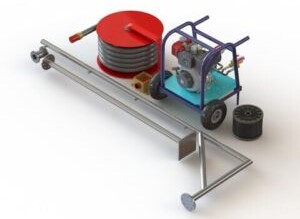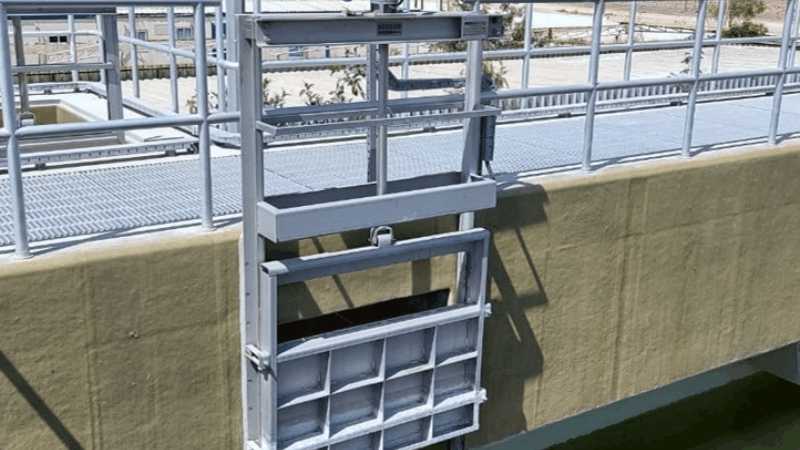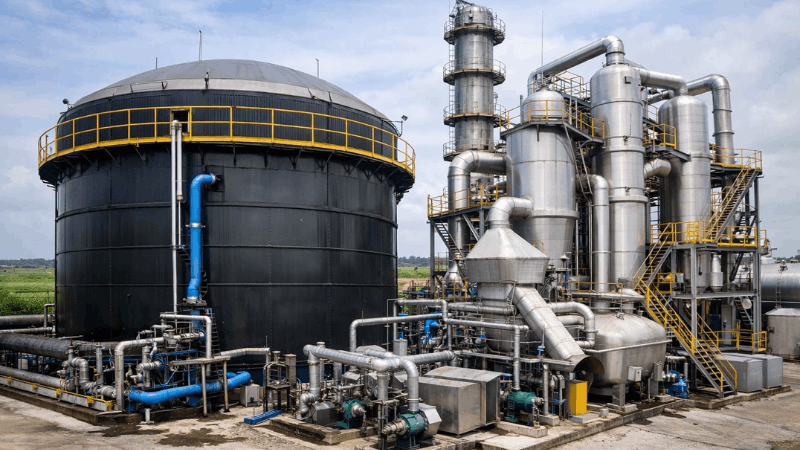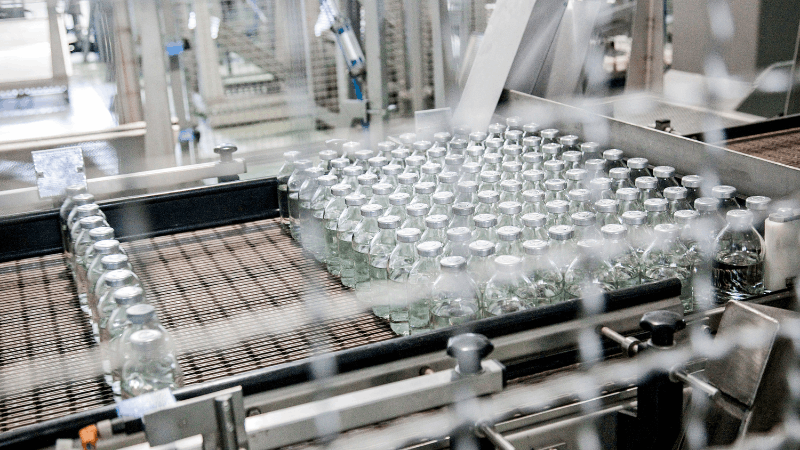The Role of Dispersant Spray System in Emergency Response and Environmental Protection

Oil spills pose a significant threat to marine ecosystems, affecting water quality, marine life, and coastal habitats. If not controlled quickly, oil spreads across the water surface, forming thick slicks that can persist for weeks or months. The longer the oil remains in the environment, the greater the damage to marine biodiversity and coastal communities. Dispersants are chemical agents designed to minimize this impact by breaking down oil slicks into smaller droplets, allowing them to mix with water and degrade more efficiently. By enhancing natural biodegradation, preventing shoreline contamination, and reducing surface oil exposure, dispersants play a crucial role in oil spill response strategies. When used appropriately, they help mitigate long-term ecological damage and make cleanup operations more effective.
How Oil Spill Dispersants Work
- 1. Breaking Oil into Tiny Droplets – Dispersants reduce the oil’s surface tension, causing it to break into small droplets.
- 2. Enhancing Natural Degradation – The dispersed droplets remain suspended in the water column, making them more accessible to oil-degrading bacteria.
- 3. Reducing Shoreline Contamination – By keeping oil offshore, dispersants protect sensitive coastal ecosystems such as mangroves, wetlands, and beaches.
- 4. Minimizing Harm to Marine Life at the Surface – Since dispersants push oil below the surface, they reduce the direct exposure of seabirds, marine mammals, and surface-dwelling organisms to thick oil slicks.
Role of Dispersants in Protecting Marine Life
- 1. Reducing Surface Exposure for Marine Life
- • Protects seabirds and marine mammals by preventing oil from coating their feathers and fur, which can lead to hypothermia, drowning, or poisoning if they ingest oil.
- • Minimizes fish kills by dispersing oil into smaller droplets, reducing direct exposure. Fish eggs and larvae are particularly vulnerable to oil pollution, so dispersants help protect future marine populations.
- 2. Enhancing Biodegradation
- • Dispersed oil droplets create more surface area for microbes to break down the oil faster, reducing its persistence in the environment.
- • Helps prevent long-term contamination by keeping oil in a more biodegradable state. Without dispersants, spilled oil may form tar balls or sink to the seabed, where it can persist for years and harm bottom-dwelling species.
- 3. Protecting Coastal and Coral Reef Ecosystems
- • Prevents oil from reaching shorelines, where it can cause severe environmental damage and economic losses to fishing and tourism industries.
How Dispersant Spray Systems Improve Emergency Response
In oil spill emergencies, time is critical—rapid response with dispersant spray systems can help containment spill and mitigate widespread environmental damage.
- 1. Improved Dispersant Distribution
- • Specialized nozzles ensure fine dispersant droplets, maximizing efficiency while minimizing waste.
- • Controlled spray systems regulate dispersant-to-oil ratios, reducing environmental risks.
- 2. Rapid Deployment and Coverage
- • Aircraft can quickly cover vast spill areas, while ships with spray booms treat spills at sea.
- 3. Enhanced Operational Flexibility
- • Dispersant systems work in various sea and weather conditions, allowing quick response before spills spread further.
- 4. Reducing Response Time and Costs
- • Faster oil dispersion reduces cleanup costs and limits long-term environmental damage.
Oil spill dispersants and their spray systems are essential tools in oil spill response, complementing mechanical recovery efforts and natural degradation. By quickly breaking down oil slicks, dispersants help protect marine life, prevent shoreline contamination, and improve emergency response efficiency. While their use must be carefully managed to balance environmental risks, they remain a valuable asset in minimizing the impact of oil spills on fragile ecosystems.
Frequently Asked Questions
Q.1 What maintenance practices are necessary to ensure the effective operation of an oil water separator?
A. Regular maintenance of an oil water separator, including inspecting and cleaning filters, removing accumulated oil, checking for blockages, and ensuring proper flow rates, is essential for efficient operation and compliance with environmental regulations.
Q.2 How does training for personnel using oil spill response equipment take place?
A. Training for personnel using oil spill response equipment involves hands-on drills, simulations, and classroom instruction to ensure proper deployment, operation, and maintenance of containment booms, skimmers, and dispersants for effective spill management.





